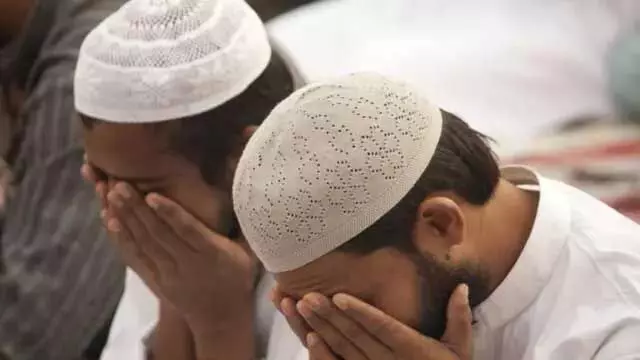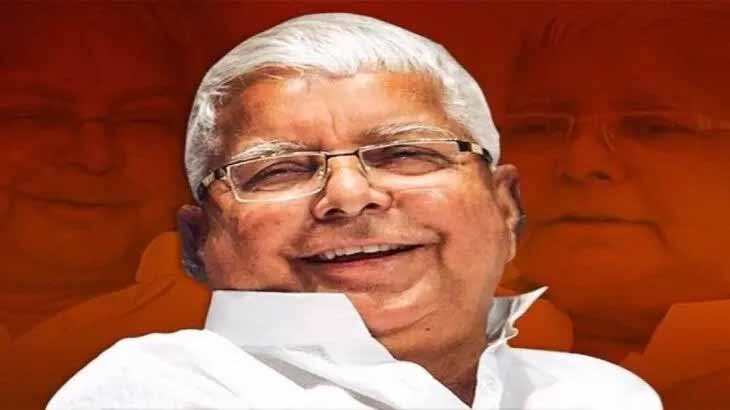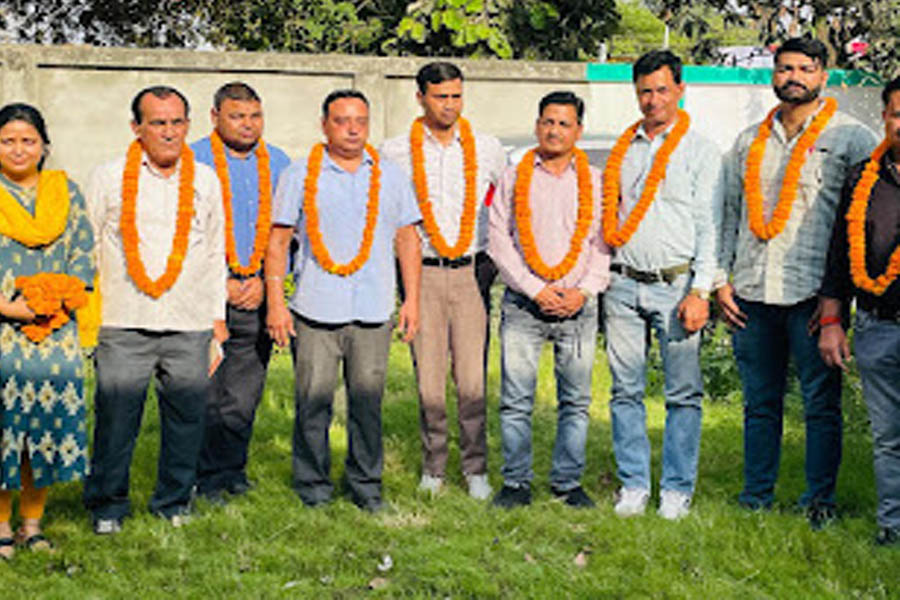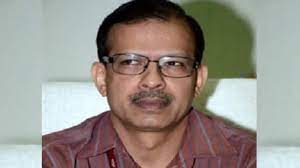Peaceful Indian Muslims: A Story of Harmony and Contribution

Pappu Farishta
India, a nation known for its rich cultures, languages and religions, is home to a diverse population, including millions of Muslims who have contributed significantly to its social, cultural and economic fabric. Among them, peace-loving Indian Muslims stand as a testimony to the ideals of harmony, coexistence and constructive participation in the progress of the nation. The history of Islam in India is a millennium old, marked by periods of cultural synthesis and peaceful coexistence. From architectural marvels like the Taj Mahal of the Mughal Empire to Sufi traditions of inclusiveness and clarity, Indian Muslims have played an integral role in shaping the heritage of the subcontinent. This legacy continues in modern India as well, where Muslims contribute in various fields with an emphasis on peace and unity.
Indian Muslims have produced many great personalities whose lives embody the principles of peace and social justice. India’s “Missile Man” and beloved former President Abdul Kalam is a prime example. His work in aerospace science and his vision for India’s future have left an indelible mark on the country. Similarly, Maulana Abul Kalam Azad, a freedom fighter and India’s first education minister, advocated educational reforms and communal harmony. Apart from these prominent figures, the contributions of peace-loving Indian Muslims are profound. In cities and villages, Muslims engage in a variety of occupations, from agriculture and small businesses to education and technology. Their everyday acts of kindness, community service and interfaith dialogue foster a culture of mutual respect and understanding. For example, during the COVID-19 pandemic, many Muslim organisations and individuals stepped up to provide relief on religious grounds, highlighting the commitment of the community.
















